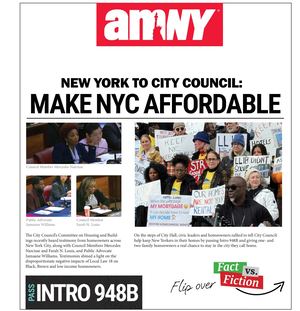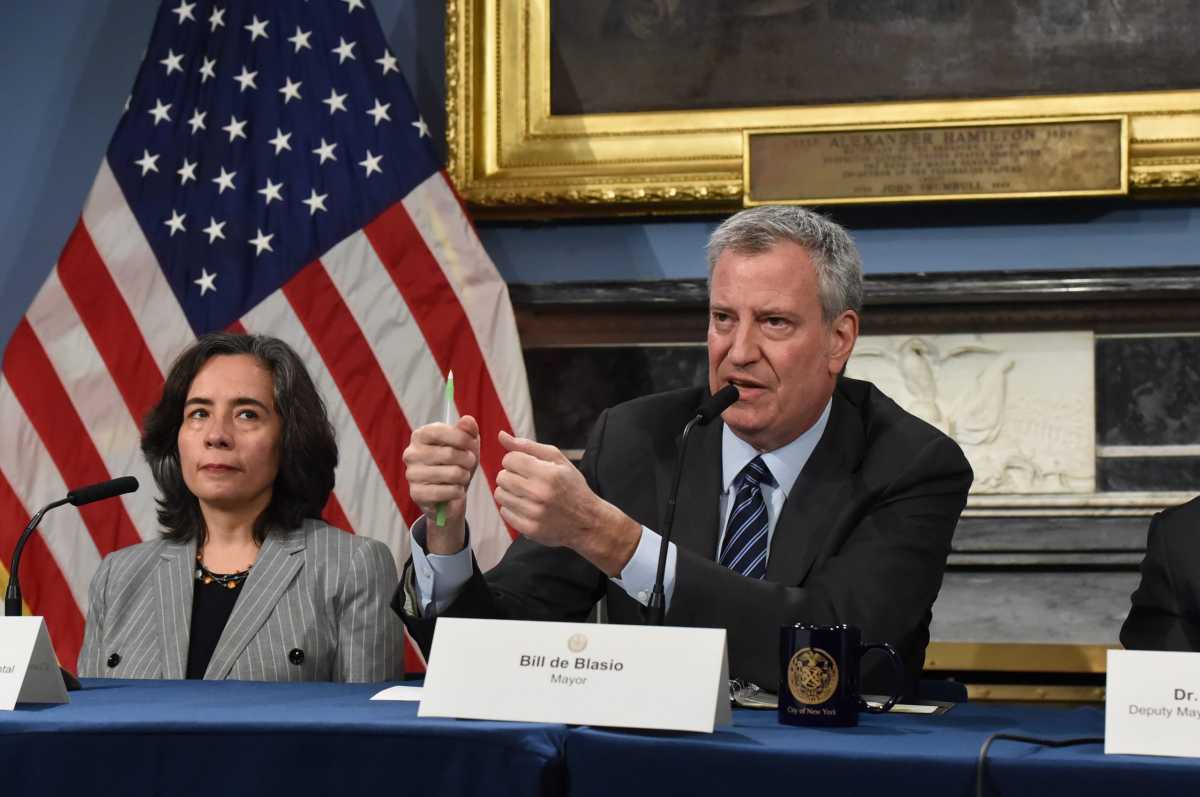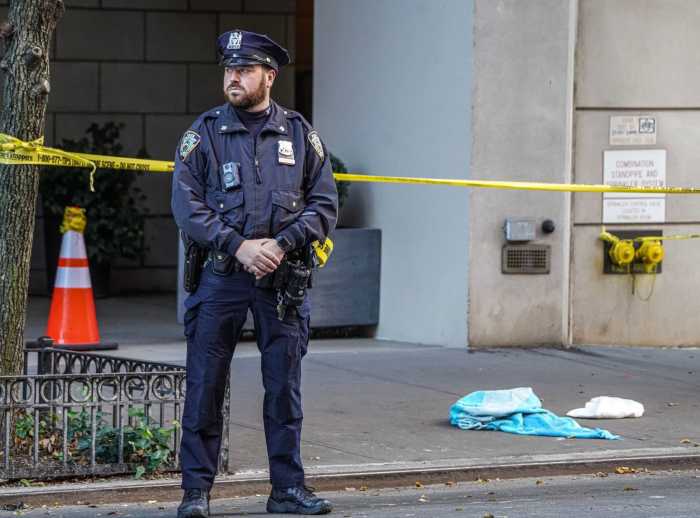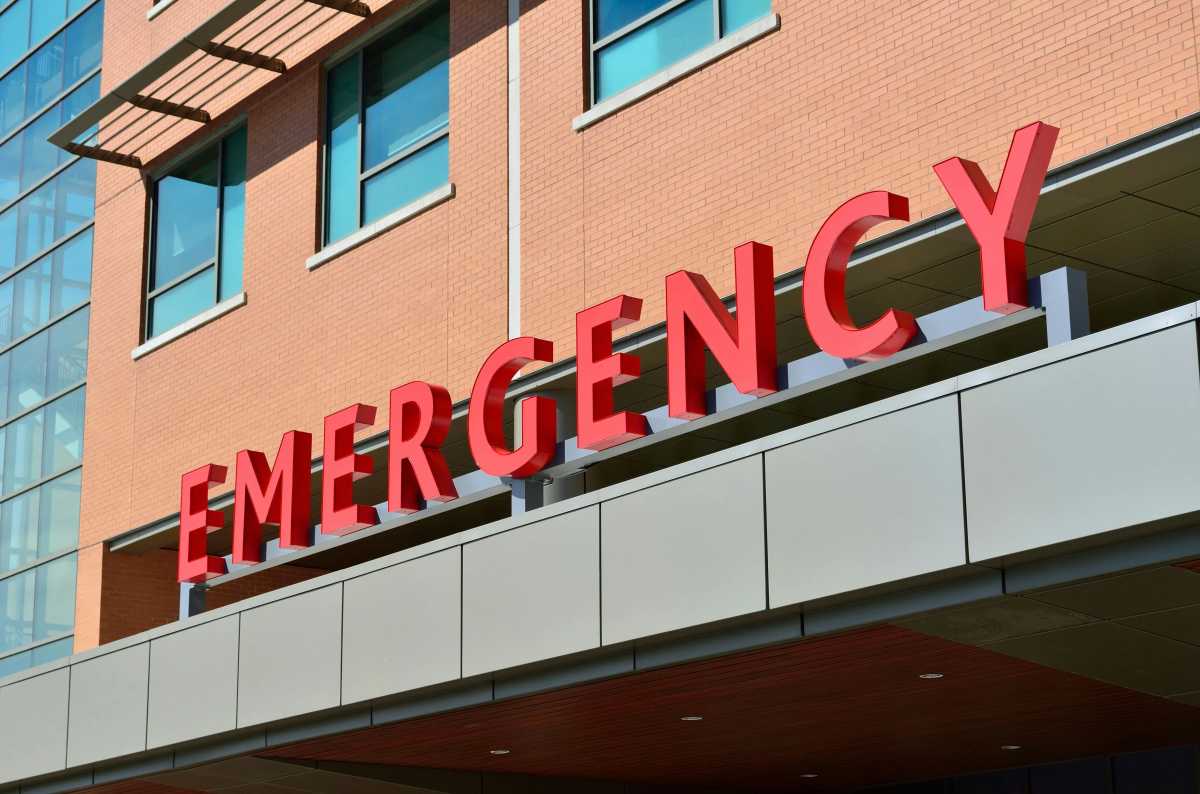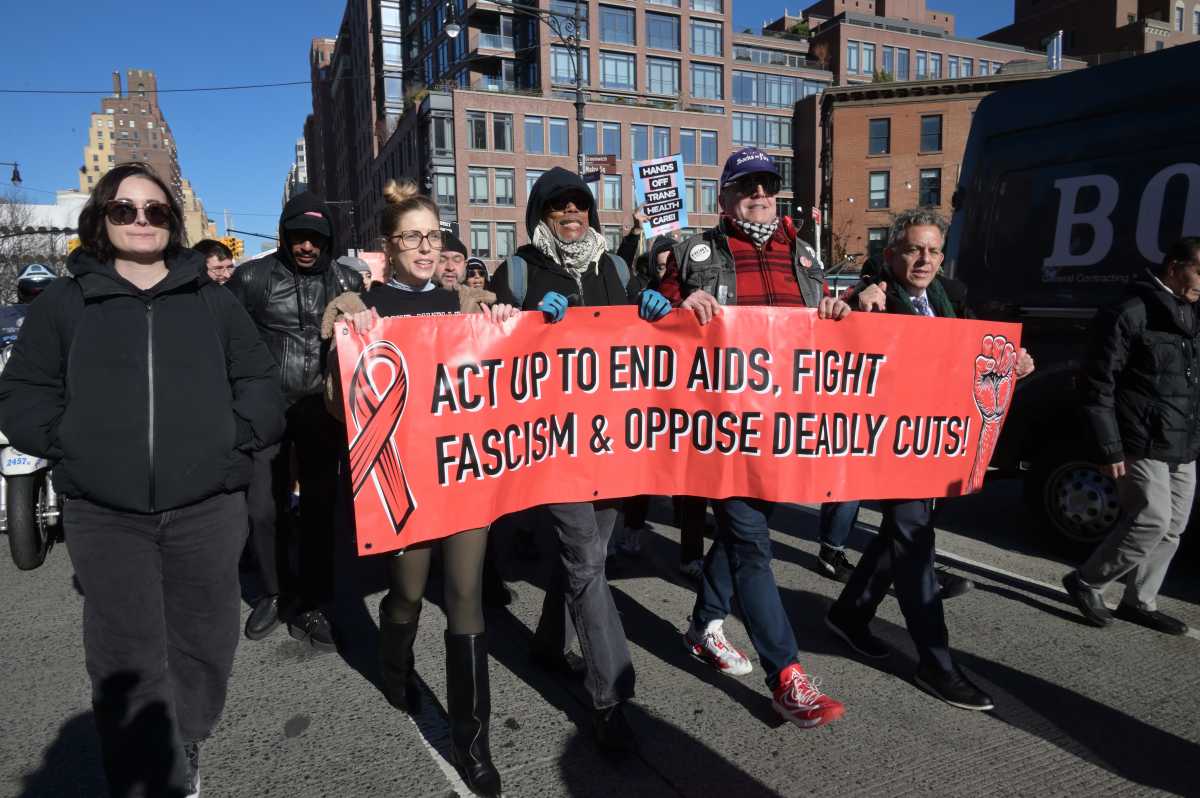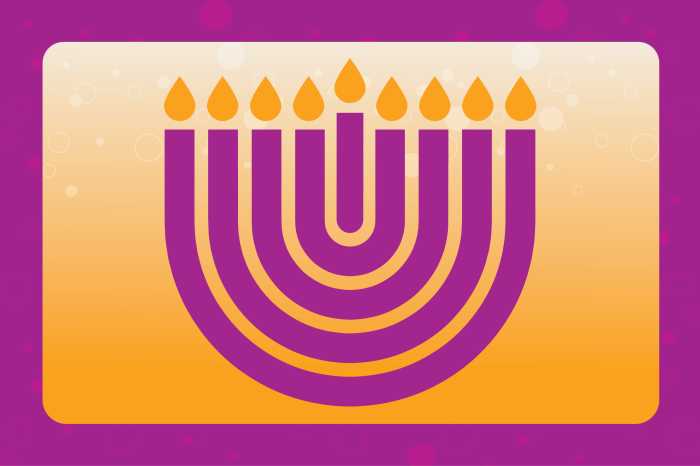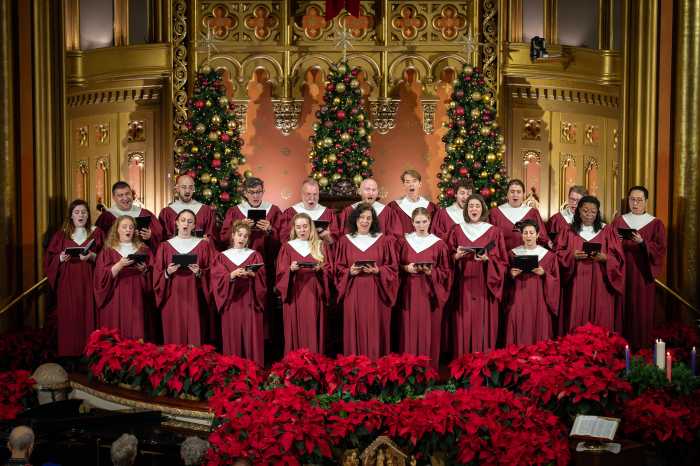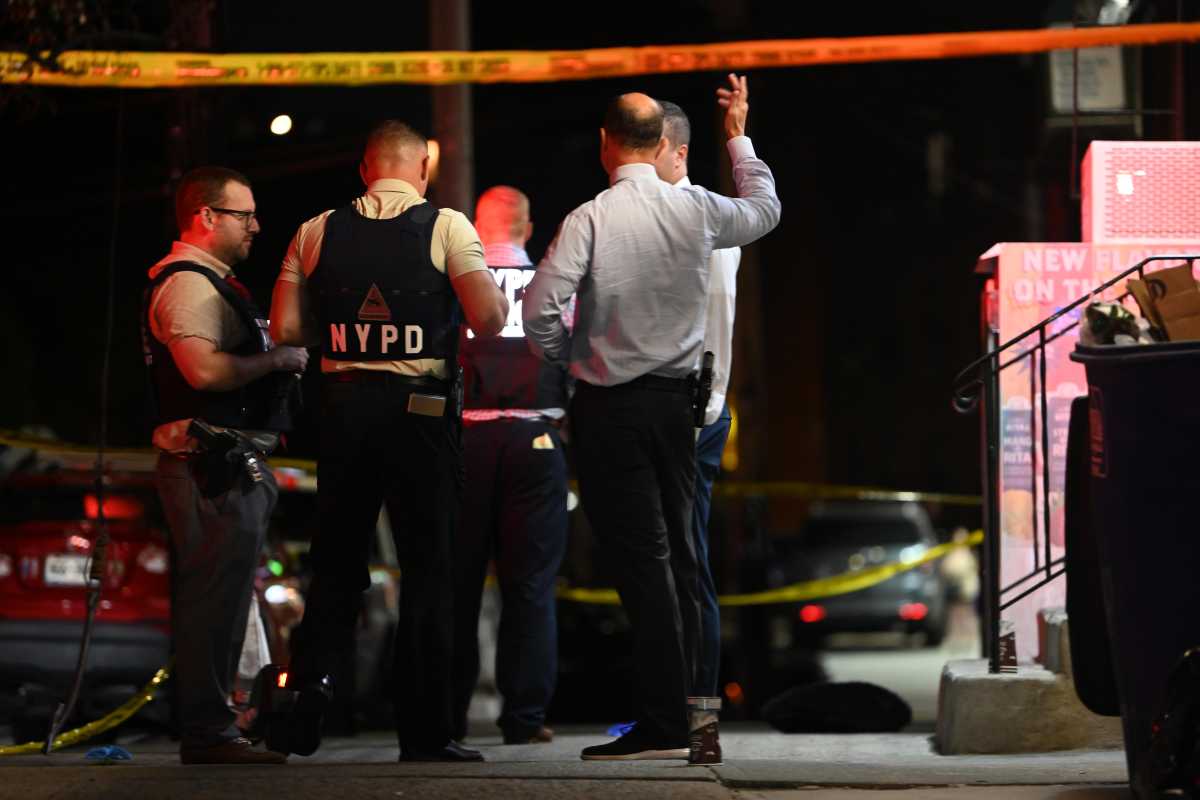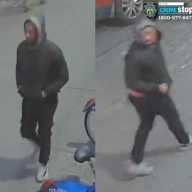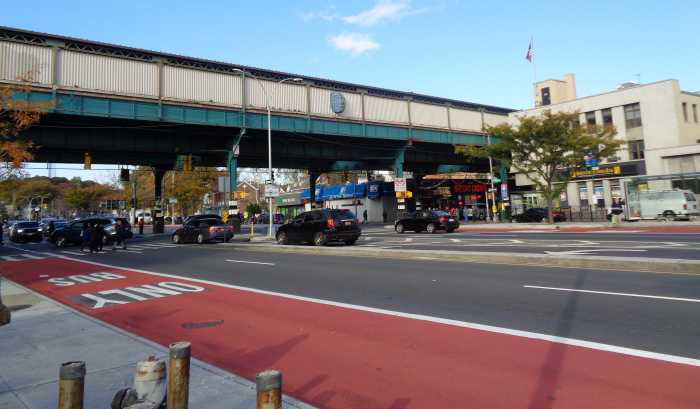The second coronavirus case in New York state involves a Manhattan attorney and New Rochelle resident who’s listed in serious condition. But no one’s sure how he got the illness.
Growing concerns about transmission of the sometimes-fatal illness was the focus of a special City Hall press conference that Mayor Bill de Blasio and health officials convened Tuesday afternoon.
The mayor said health “detectives” were tracking down anyone that may have been in close proximity with the attorney, but he said the disease is “not transmitted by casual proximity.” This means they do not believe people on mass transit or those not working closely for long periods of time with the man are at high risk. The MTA has ordered extra cleaning of mass transit systems to reassure the public.
The attorney is in quarantine at New York-Presbyterian Columbia University Medical Center. He was moved to the city on Monday from Lawrence Hospital in Bronxville, where he was admitted on Friday after falling ill on Feb. 22, said Dr. Demetre Daskalakis, the city’s deputy health commissioner for disease control.
The patient’s wife and two sons, one a ninth-grader at the Salanter Akiba Riverdale Academy, better known by the acronym, SAR Academy, and the other son attending Yeshiva University, were quarantined pending outcome of tests. The older son is said to be showing some light symptoms, but his brother and mother have no symptoms.
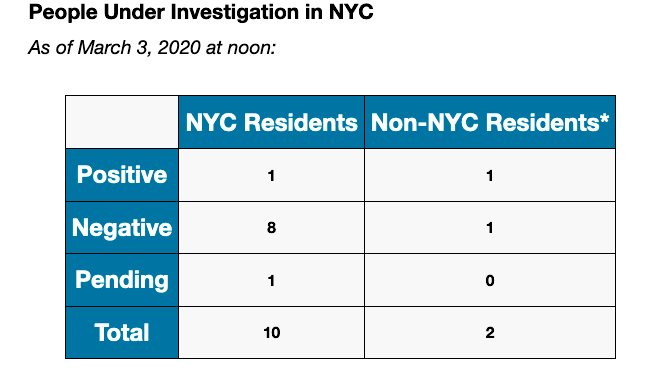
De Blasio said the attorney had not traveled to any of the “at risk” countries, but did travel to Israel and Miami, those dates not immediately revealed. Neither location has been identified as being at-risk. There are three cases of coronavirus sufferers in Florida at this time.
However, both the mayor and Dr. Oxiris Barbot continued to emphasize that to contract the virus, “you need prolonged contact with that individual.” De Blasio said there are questioning seven people at the unnamed law firm to see if anyone may have had prolong contact with him.
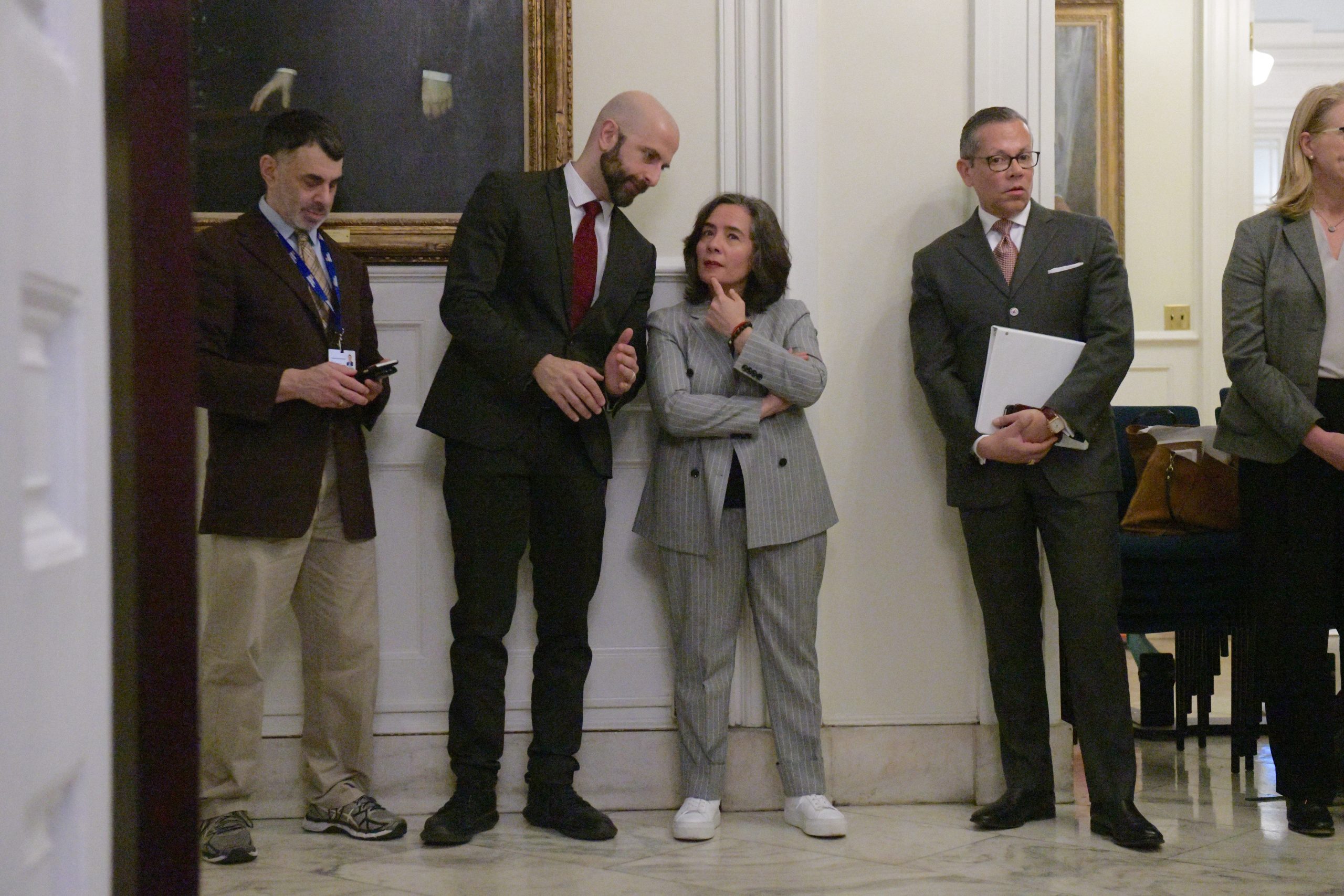
The mayor said there is “no travel nexus” related to the attorney that would account for the virus. In the meantime, the state is monitoring the other family members and the older son is said to have suspected to have contracted the illness – test results are pending.
While the older son is showing symptoms, the mayor said they are being cautious and are in close touch with the university.
Yeshiva University issued a statement on its website saying, “We have learned that one of the children of the Westchester attorney identified as New York’s second case of COVID-19 is an undergraduate male student at Yeshiva University. We are working closely with, and following the recommendations of the New York City Department of Health and Mental Hygiene (DOHMH) and the Office of Emergency Preparedness and Response and other government agencies to take every necessary precaution to ensure the safety of our community. The student has not been on campus since Thursday, February 27th and is in quarantine with his family. The DOHMH is testing the family. “
“The University is disinfecting all relevant common areas” but hasn’t canceled classes or functions. The school also revealed that a student at its Cardozo School of Law “is in self-quarantine as instructed by their doctor, as a precaution because of contact with the patient’s law firm” but “is has no symptoms at this time.”
“Remember, the vast majority of those who get the virus, show little or no symptoms – it’s the 20% that get more sick and a smaller percentage that are at real risk,” the mayor reminded.
The city has responded to the threat of a coronavirus outbreak by ordering extra cleaning of schools and city facilities. There are no plans to close any city buildings, and de Blasio said residents should not alter their habits at this time because the disease is not transmitted casually.
“This is an evolving situation and we don’t know what we will find,” de Blasio said. “If we need a bigger response, we will do it. We are not near an emergency declaration. We an order institutions to be closed, order curfews, even modify labor contract under an emergency.”
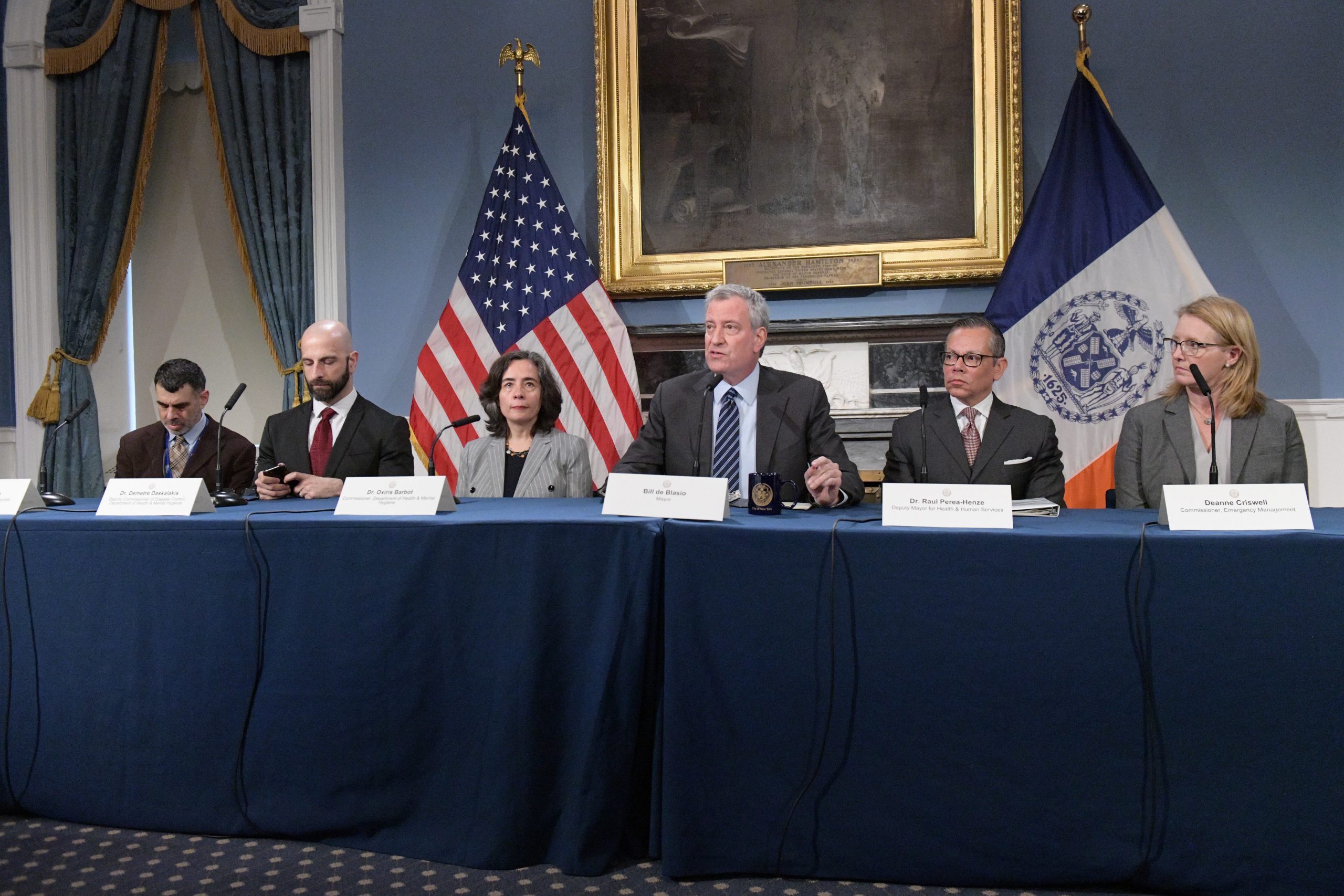
In the meantime, Dr. Daskalakis urged residents feeling ill to seek out medical attention. He said the test is nothing more than “an unpleasant swab of the nose to be tested in a lab.” He said tests would determine if an illness is simply “something else such as a more common cold or influenza” which is more prevalent this time of year.
Health officials reiterated that people should cover their mouths when sneezing or coughing, washing hands often or use hand sanitizer and see a doctor or health professional if feeling ill.
